Former Crypto CEO Sentenced to 5 Years in Prison for Ponzi Scheme
Marco Ochoa, the former CEO of crypto mining firm IcomTech, has been given a five-year prison sentence for his involvement in a Ponzi scheme using cryptocurrencies. The United States District Court for the Southern District of New York ordered Ochoa to surrender and serve a 60-month sentence starting March 19, with two years of supervised release following his imprisonment. He is also required to forfeit $914,000.
Deceitful Practices and Guilty Plea
Ochoa’s time at IcomTech was marked by deceitful practices that harmed investors. He pleaded guilty to conspiracy to commit wire fraud in connection with the scheme. This case highlights the broader crackdown by U.S. authorities on fraudulent activities within the cryptocurrency sector.
The Unattainable Returns and Financial Damage
IcomTech’s Ponzi scheme promised investors daily returns on investment products. However, it was discovered that these returns were unattainable, leaving investors unable to withdraw their funds. This caused significant financial damage to those who trusted and invested in the company.
A Severe Sentence Reflecting Regulatory Scrutiny
Ochoa’s sentencing is the harshest among the former executives of IcomTech involved in the case. It is part of a growing trend of U.S. regulatory and judicial scrutiny of the cryptocurrency industry, particularly targeting fraudulent activities and scams. Other prominent figures in the crypto industry have also faced legal challenges, further emphasizing the importance of regulatory oversight and caution for investors.
The Importance of Regulatory Oversight and Investor Caution
This case underscores the vital importance of regulatory oversight in the cryptocurrency industry. It serves as a cautionary tale for investors, highlighting the risks associated with emerging financial technologies and markets.
Hot Take: Crypto CEO Sentenced to Prison in Major Ponzi Scheme Case
Marco Ochoa, the former CEO of IcomTech, has been sentenced to five years in prison for his involvement in a Ponzi scheme using cryptocurrencies. This case is part of a broader crackdown on fraudulent activities within the crypto sector by U.S. authorities. It serves as a reminder of the importance of regulatory oversight and investor caution when engaging with emerging financial technologies and markets.

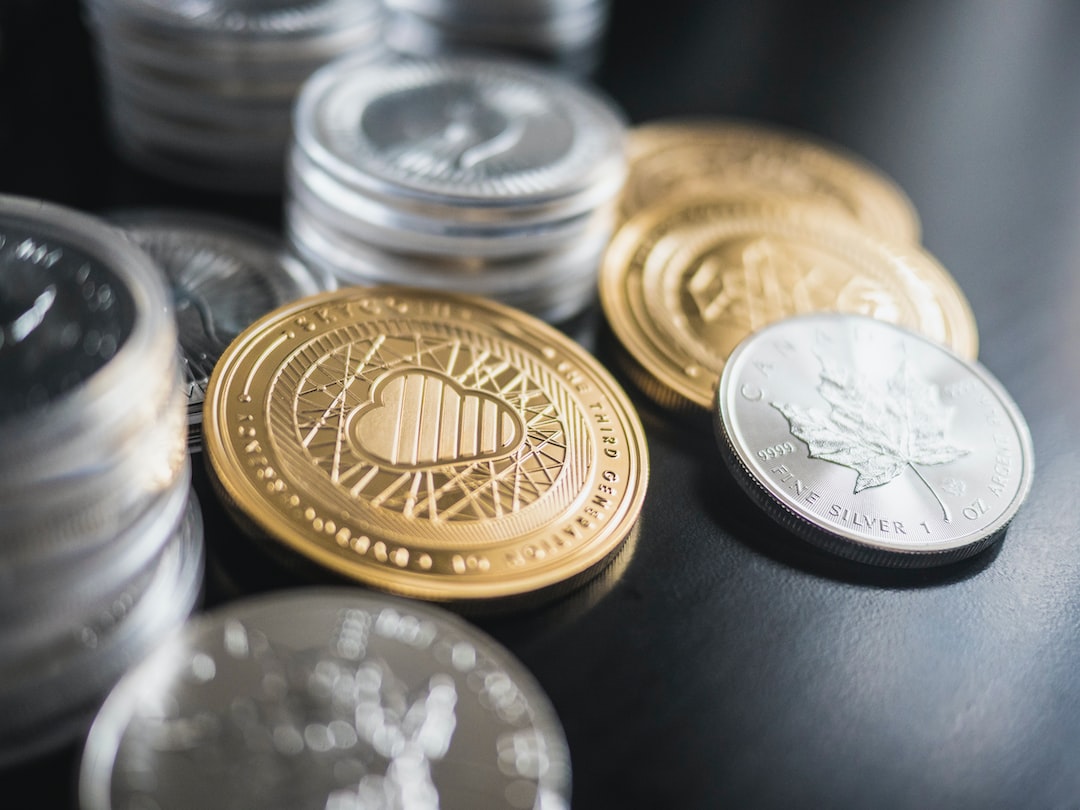
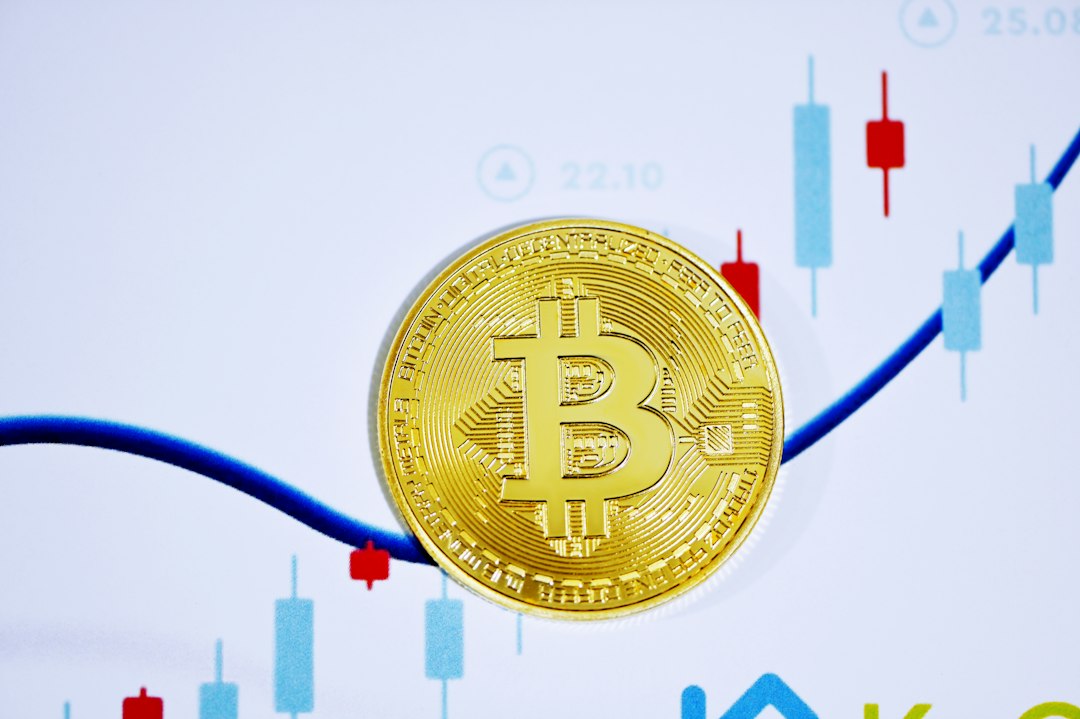
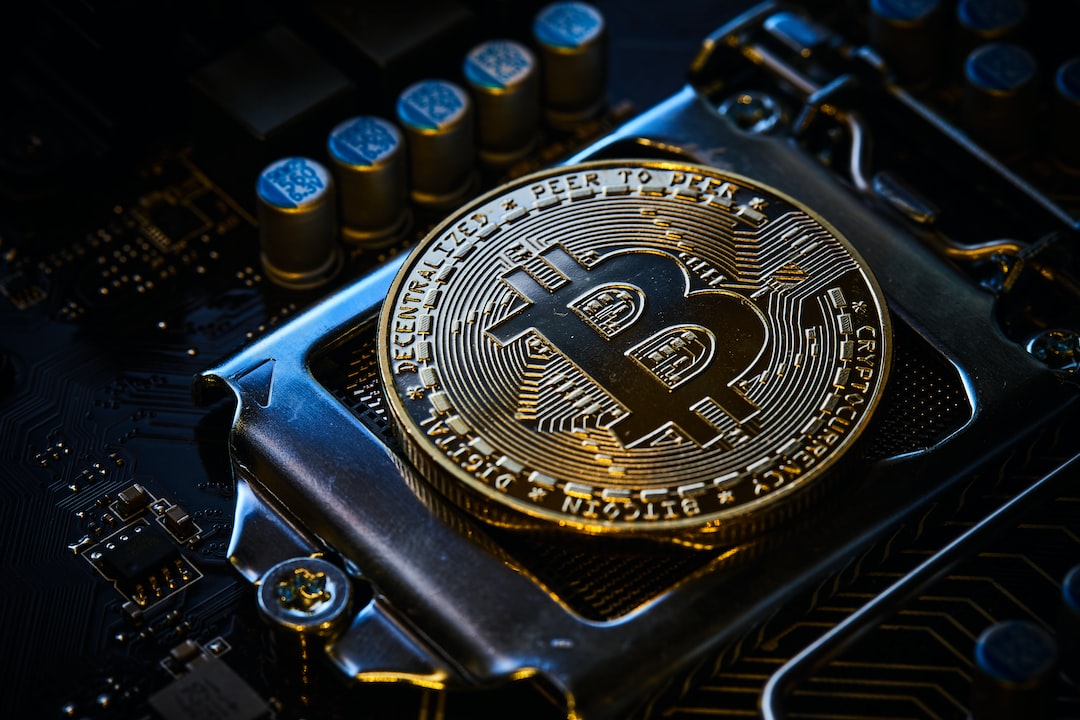
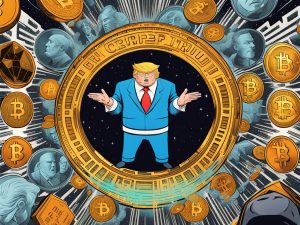
 By
By
 By
By
 By
By

 By
By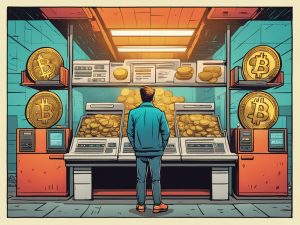
 By
By